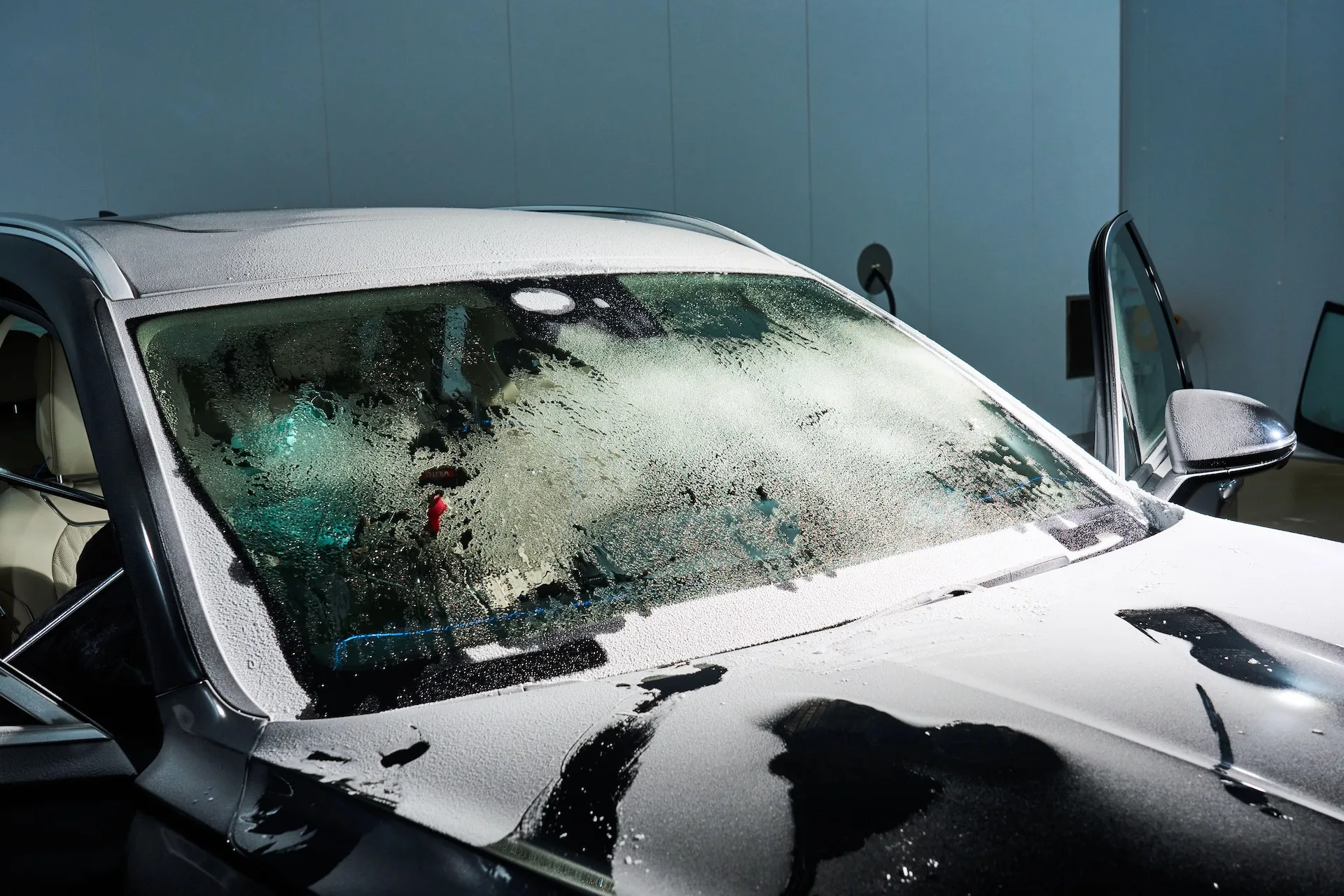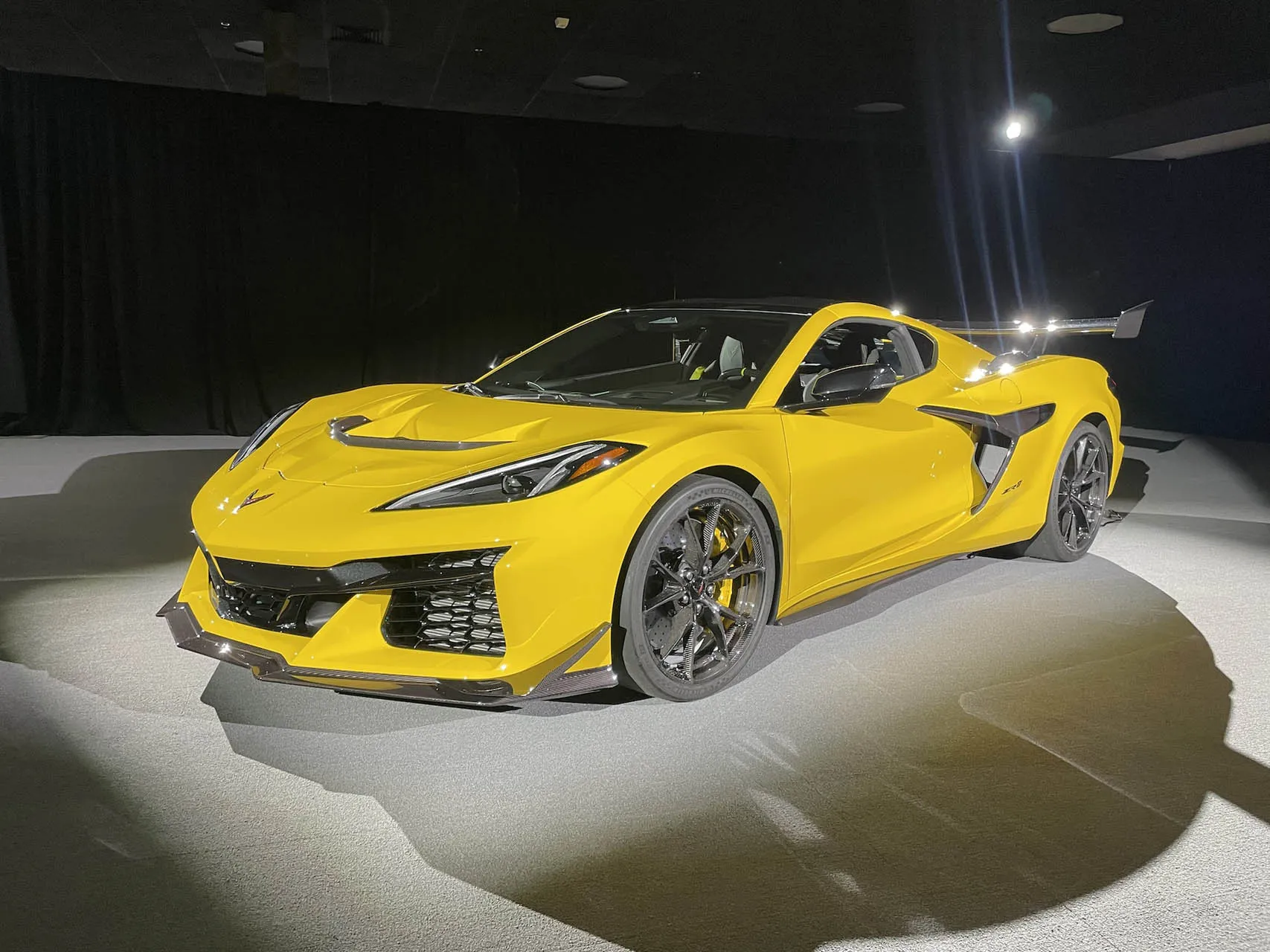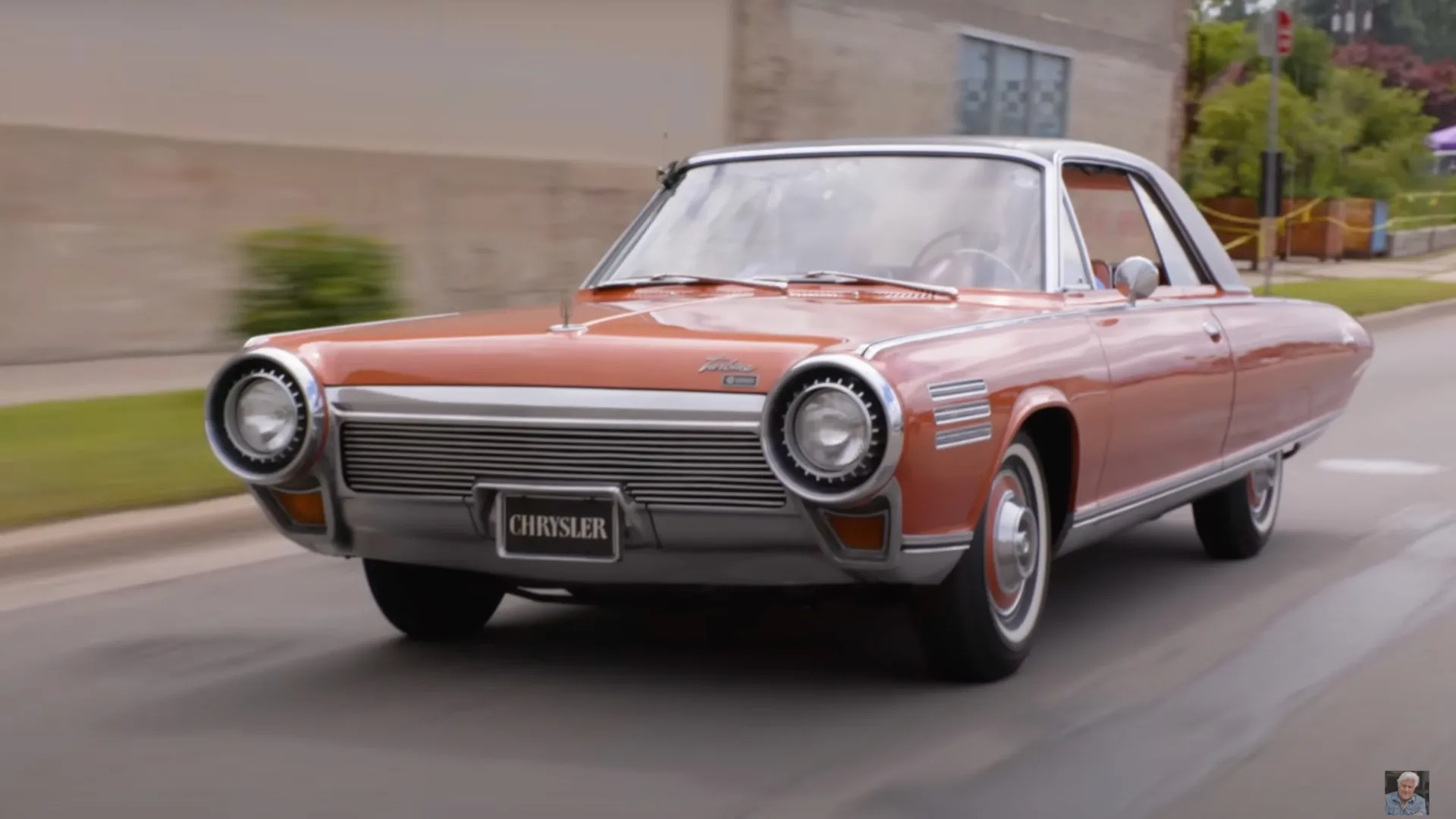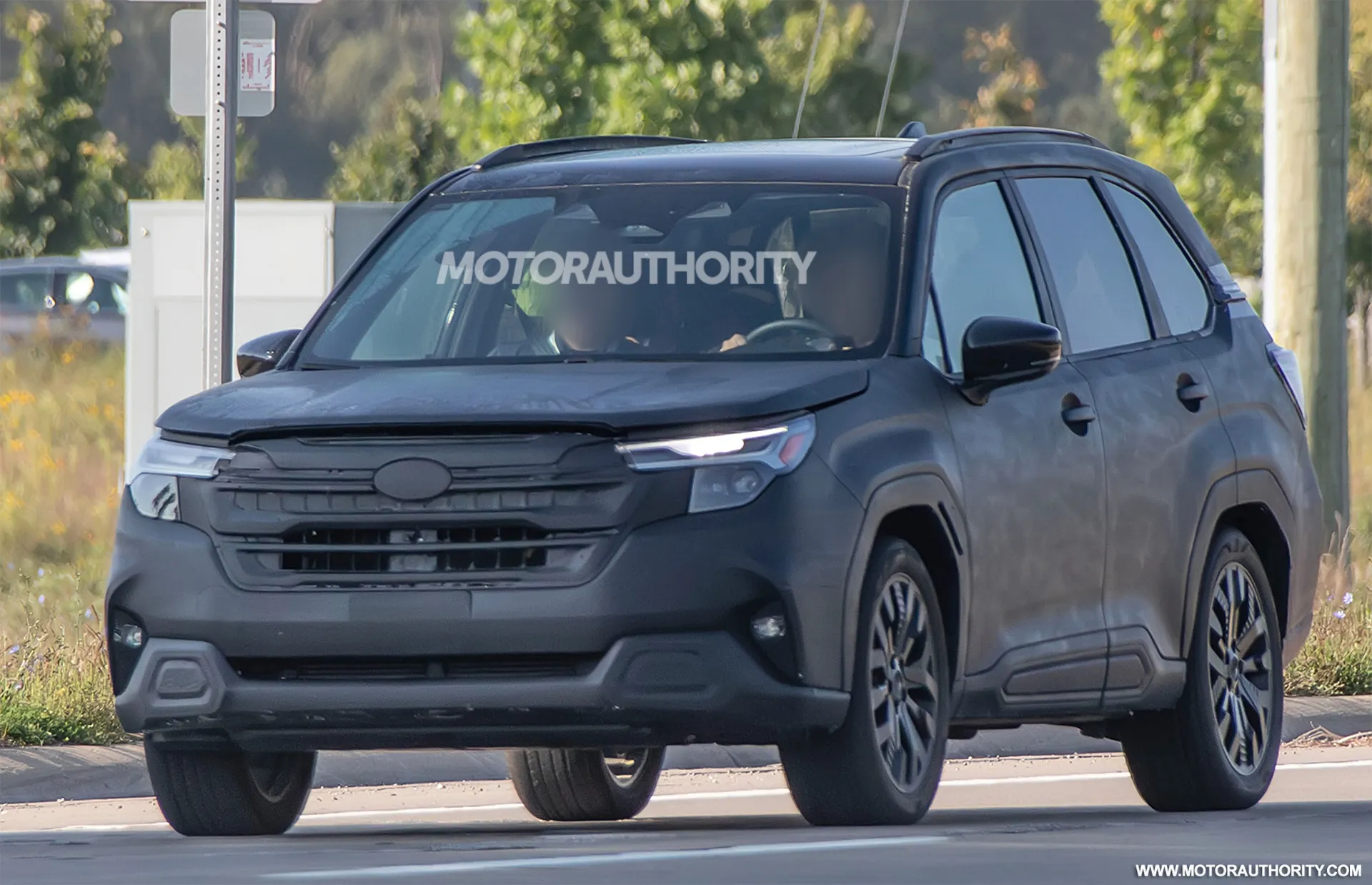Genesis testing 48-volt metal-coated heated windshield technology

Windshield heaters are a fairly common feature, but Genesis is testing new hardware that it claims can defrost windshields faster using less energy.
Instead of the embedded wires used in current windshield heaters, Genesis' version relies on a 20-layer clear metal coating that can conduct current supplied by a 48-volt electrical system to heat the windshield.
As detailed by the automaker, Genesis tested this setup on Electrified GV70 and GV60 electric SUVs in temperatures hovering around 0 degrees Fahrenheit. According to the automaker, the metallic coating cleared the windshield in just five minutes, compared to 15 minutes with conventional hardware. It also consumed 10% less energy, Genesis claims.
The metallic coating also blocks up to 60% of the sun's energy from entering the car, Genesis says, helping to lower the temperature inside the car by 35 to 37 degrees Fahrenheit on hot, sunny days. This is something that Hyundai, the parent company of the luxury car brand, has already demonstrated in its own tests.
Other potential benefits, Genesis claims, include improved visibility by eliminating the need for tungsten wires used in regular windshield heaters. Genesis also claims that the need for dedicated windshield air conditioning hardware to blow air on the inside of the windshield (another primary defrosting method) will be reduced, and the potential for heads-up displays and augmented reality (AR) navigation will be expanded.
Genesis noted that while the system is not confirmed for production, more elaborate windshield heaters could become more common as automakers gradually shift to electric vehicles. General Motors patented its own windshield heating upgrade in 2023, which drew power from the EV's battery pack to remove obstructions from the windshield.



